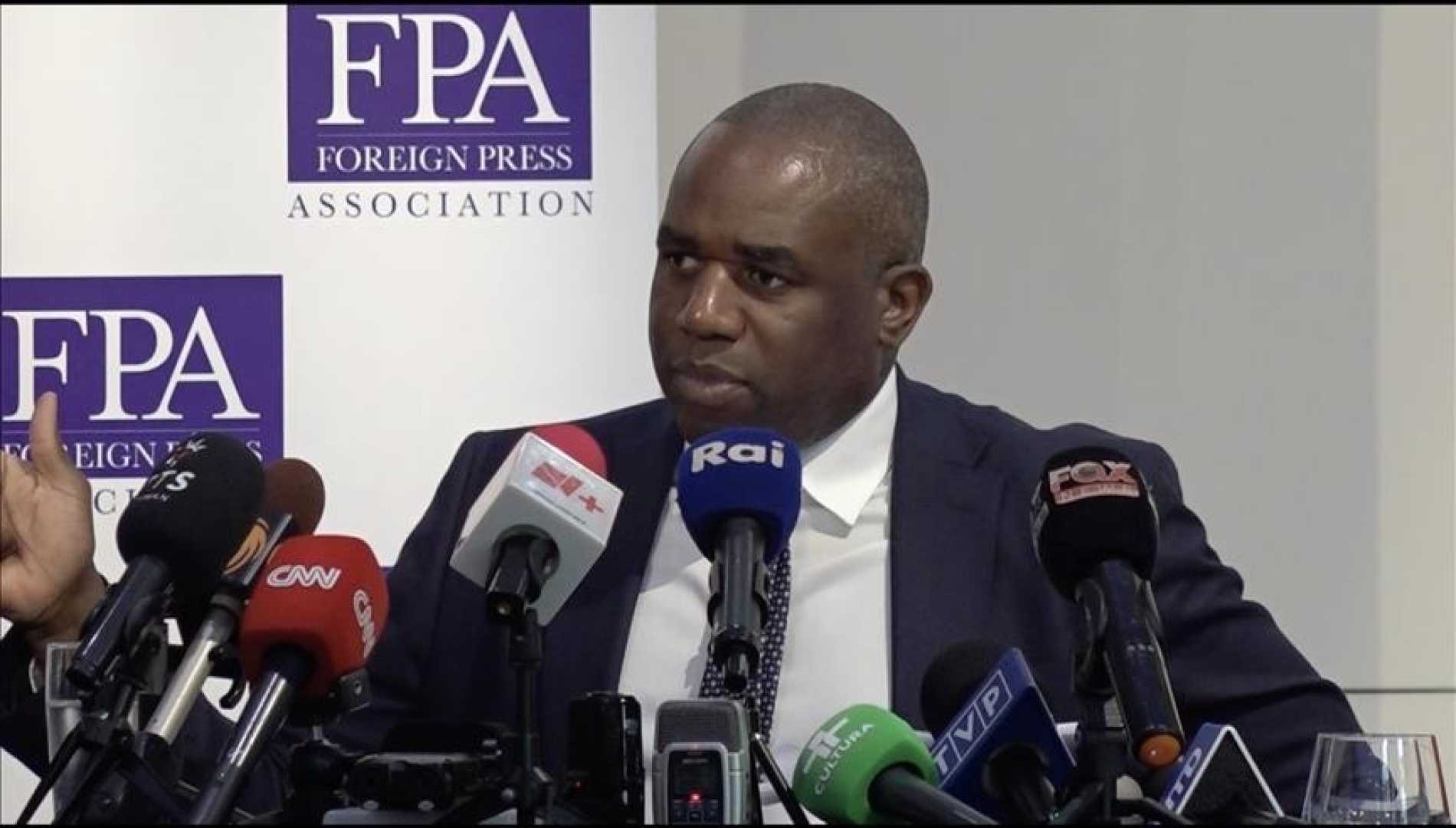News
UK Government Advises Nationals to Leave Lebanon Amid Rising Tensions

The United Kingdom government has issued a directive to British nationals residing in Lebanon to vacate the country immediately. This appeal comes as the hostilities between Israel and Hezbollah, an Iran-backed armed group based in Lebanon, have escalated. International concern has mounted with the potential outbreak of a larger conflict.
In response to the growing crisis, the Ministry of Defence (MoD) is deploying 700 troops to neighbouring Cyprus as part of a contingency plan aimed at facilitating the evacuation of British citizens if necessary. Sir Keir Starmer highlighted the urgency by stating, “we are ramping up the contingency plans,” emphasizing the gravity of the situation by warning, “we are potentially at a brink” of broader warfare.
Currently, around 10,000 UK citizens remain in Lebanon. In recent developments, commercial flight routes out of Lebanon are diminishing as airlines withdraw services due to safety concerns. While certain airlines have stopped operations, the national carrier, Middle East Airlines, continues to run flights, albeit under pressure and reduced capacity. The US Embassy in Lebanon also encouraged its citizens to leave, highlighting the international dimension of the concerns.
Defence Secretary John Healey confirmed the military deployments and emphasized the volatile nature of the region’s situation. “We continue to urge all sides to step back from conflict to prevent further tragic loss of life,” he stated while commending the British troops ready to assist in eventual evacuations.
The British government has advised nationals to take advantage of remaining commercial flights to exit the region, a sentiment echoed by Sir Keir Starmer. He iterated the importance of de-escalation and has called for immediate ceasefire efforts, particularly as he prepares to engage in international dialogues at the United Nations General Assembly in New York.
Pillars of British military support in the region include RAF Akrotiri in Cyprus and the British warships RFA Mounts Bay and HMS Duncan, stationed in the eastern Mediterranean.
Community responses vary as citizens like Alistair, a British national currently in Beirut, expressed mixed feelings. In an interview with BBC, he remarked that life “mainly carries on as normal,” but urged diplomats for peace, noting that ordinary residents are “recipients of whatever is dealt out.”
Tuesday’s COBRA meeting, involving top ministers, intelligence officers, and diplomats, served to refine the UK government’s contingency strategies. The development of the situation has also impacted major carriers in the UAE, including Emirates and Etihad, as they suspended their services to Lebanon.












